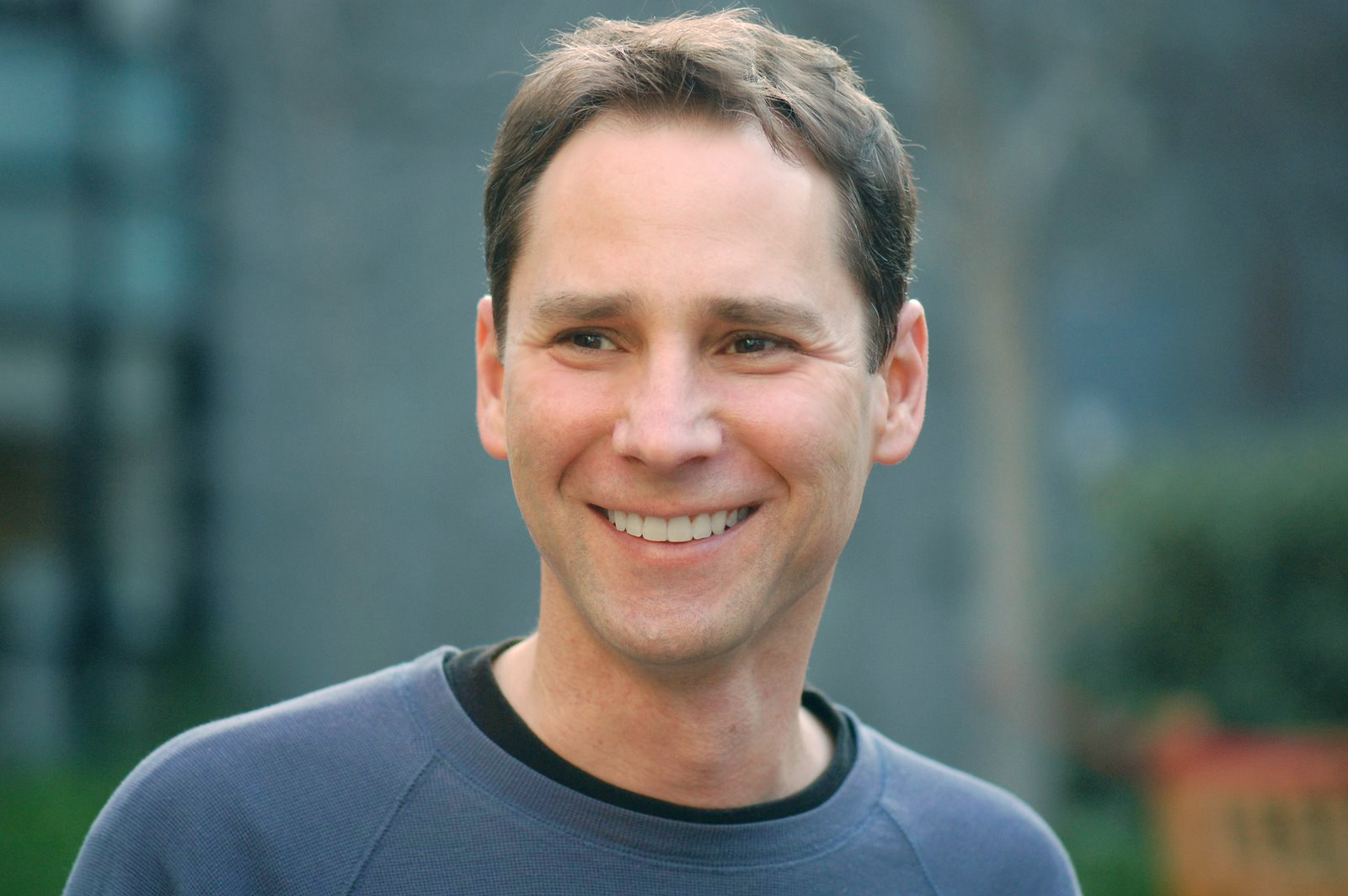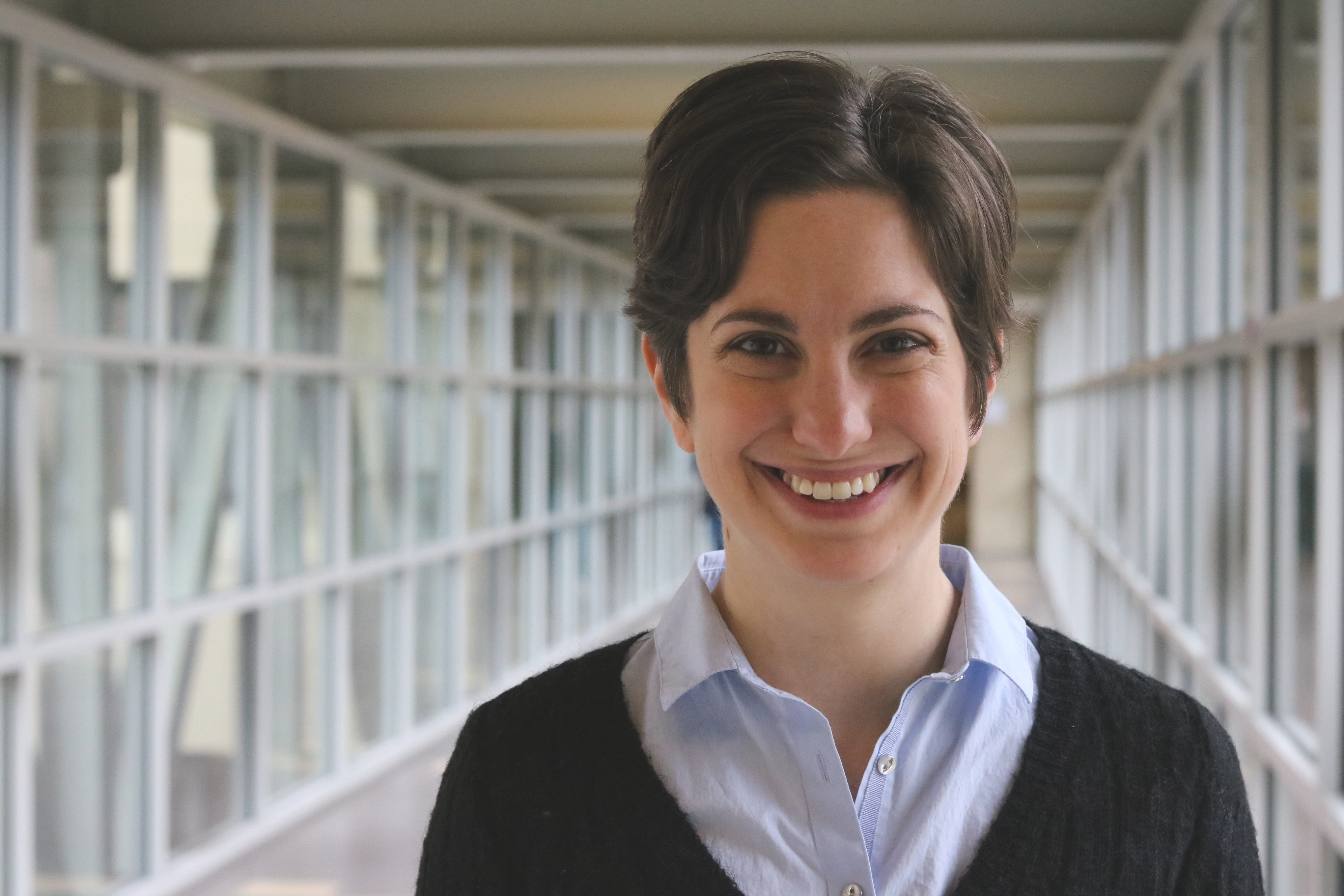We will have multiple keynote presentations during the workshop.
The theme of the panel is "

David Sirkin is the Executive Director for Interaction Design at Stanford University's Center for Design Research and a Lecturer in Mechanical Engineering. His research on the design of physical interactions between humans and robots, and on autonomous vehicles and their interfaces, has been covered by the Associated Press, the Economist, New Scientist, San Francisco Chronicle, and the Washington Post. His teaching includes design theory, user-centered design methods, and interactive device design. David grew up in Florida, near the Everglades, and in Maine, near the lobsters.

Dr. Henny Admoni is an Assistant Professor in the Robotics Institute at Carnegie Mellon University, where she leads the Human And Robot Partners (HARP) Lab. Henny studies how to develop intelligent robots that can assist and collaborate with humans on complex tasks like preparing a meal. She is most interested in how natural human communication, like where someone is looking, can reveal underlying intentions and can be used to improve human-robot interactions. Henny holds a BA in Computational Cognitive Science and an MA in Computer Science, both from Wesleyan University, as well as a PhD in Computer Science from Yale University. She was a postdoc in the Robotics Institute at Carnegie Mellon University prior to becoming a professor there. Her research has been supported by the US National Science Foundation, the US Office of Naval Research, the Paralyzed Veterans of America Foundation, and Sony Corporation. Her work has been featured by the media such as NPR's Science Friday, Voice of America News, and WESA radio.

Dr. Dylan Glas is a roboticist and researcher with over a decade of experience in the field of social human-robot interaction. He was a Guest Associate Professor at Osaka University and a Group Leader and Senior Researcher at the Advanced Telecommunications Research Institute (ATR) in Kyoto, Japan, where he developed frameworks and algorithms for multimodal perception, machine learning, and autonomous behavior generation for a variety of humanoid social robots, including Robovie and the android ERICA. He obtained his undergraduate and Master's degrees at MIT, where he worked in the Tangible Media Group at the MIT Media lab. Since 2017 he has been working in industry, as Senior Robotics Software Architect at Futurewei Technologies in San Francisco.